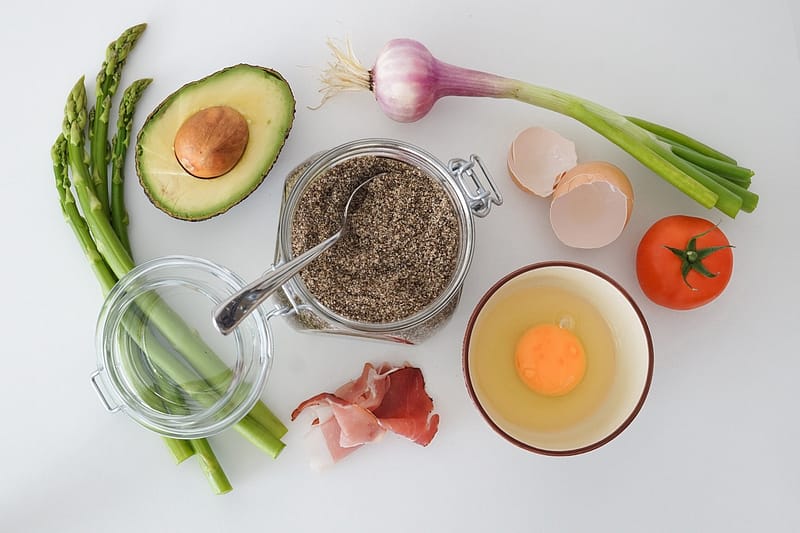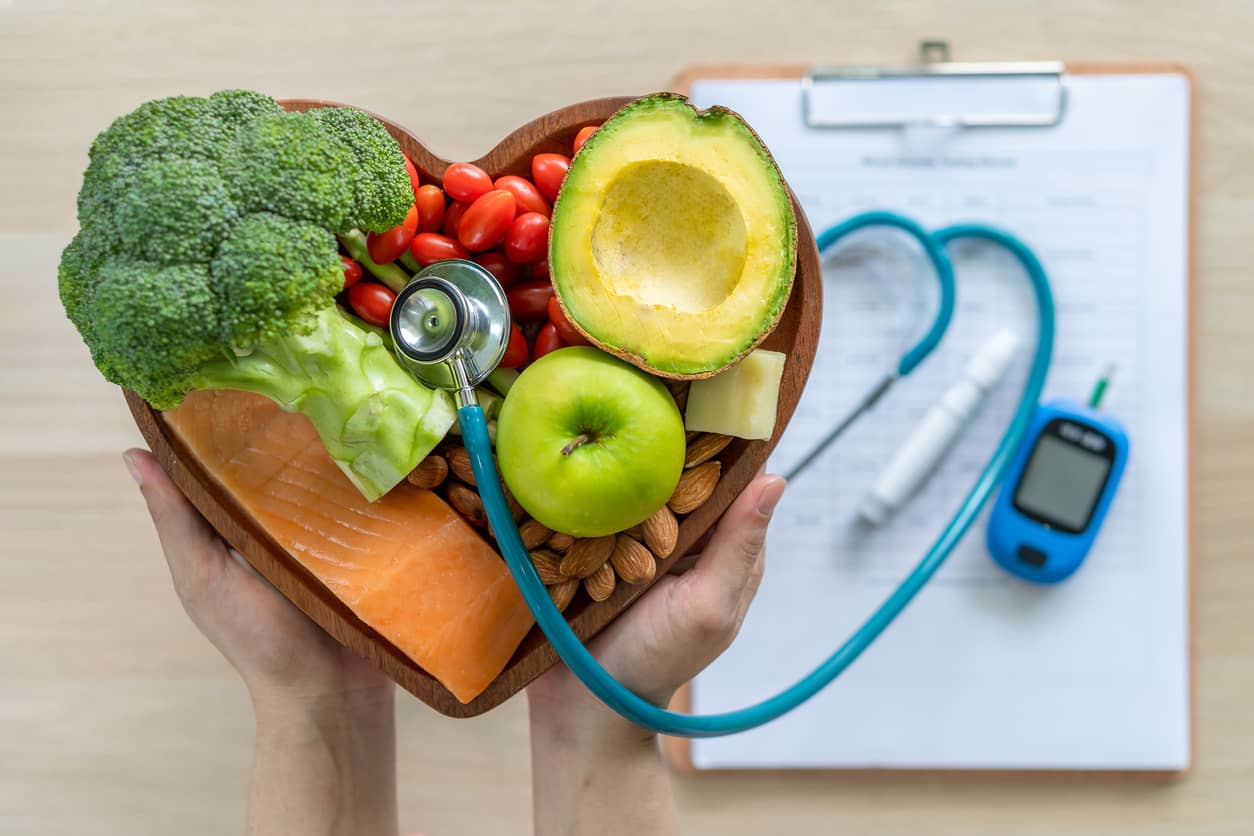Dietary fat has been given a bad rap: some say it makes us fat, contributes to heart disease, and leads to diabetes. Others claim saturated fat is bad but vegetable oils are good.
What’s the truth? While certain fats can contribute to these conditions, the right fats can help you become lean, healthy, and vibrant.
What is fat?
Fats, also known as triglycerides and fatty acids, are one of the three macronutrients (carbohydrates, proteins, fats). Fat is vital for body processes such as digestion, transport, conversion, and energy extraction. It’s our body’s primary sources for stored energy. We can’t survive without it.
There’s a lot to say about fat, but for now, let’s look at these eight take-home fat facts.
1. Sugar makes you fat, not fat.
Consuming a lot of sugar means your cells become numb to insulin’s “call.” Your body pumps out more and more insulin to pull your blood sugar levels back down. You can’t burn all the sugar you eat. Inevitably, your body stores the extra as fat, creating insulin resistance and metabolic conditions such as diabetes.
2. Dietary fat is more complex than sugar.
There are hundreds of names for sugar, each one is a little different, however they all create the same damage. Fat is more complex. We have saturated, monounsaturated, polyunsaturated, and even trans fats, not to mention subcategories within each group. Some fats are good; others neutral; and yes, a few are bad.
3. Low-fat diets tend to be heart-unhealthy, high-sugar diets.
When people eat less fat, they tend to eat more starch or sugar instead. This actually increases their levels of the “bad” cholesterol LDL that causes heart attacks.
4. Saturated fat is not your enemy.
Studies on saturated fat intake found no correlation between saturated fat and heart disease. As with all fats, quality becomes key here. The fats in a fast-food bacon cheeseburger will have an entirely different effect than saturated fat in coconut oil. Let’s stop classifying it as all the same.
5. Some fats are unhealthy.
These include Trans fats and vegetable oils.
- Trans fats – invented for use in margarine and shortening. It was supposed to be a better butter, but in fact, it’s worse. Did you know that if you put butter and margarine side by side, flies will land on the butter but they won’t land on the margarine? It’s just too toxic for them. Trans fat wrecks havoc on your body by slowing your metabolism, causing weight gain, increasing inflammation, lowering HDL (good) cholesterol, may cause diabetes, obesity and heart attacks.
- Vegetable oils – If the list includes oils made from corn, soy, or safflower you are getting a sub-par fat. When the body puts these cheap fats to work, the cell walls are also sub-par. That means instead of flexible and responsive, cell walls are stiff and rigid. The more rigid the wall, the slower the cell functions and the more vulnerable it is to inflammation.
6. Everyone benefits from more Omega-3s
The more omega-3 fats you eat, the easier your body cools itself. A cool body is a less inflamed body. And inflammation is at the root of nearly every chronic disease, especially those impacting the brain and the heart. About 99 percent of Americans are deficient in these critical fats. Ideal ways to get them include eating wild or sustainably raised cold-water fish, omega-3 rich eggs, walnuts, brazil nuts or taking an omega-3 supplement.
7. Eating fat can make you lean.
Healthy cell walls made from high-quality fats are better able to metabolize insulin, which keeps blood sugar better regulated. Without proper blood sugar control, the body stores away fat for a rainy day. The right fats also increase fat burning, promote satiety to cut your hunger, and reduce fat storage.
8. Your brain is about 60 percent fat.
Of that percentage, the biggest portion comes from the omega-3 fat called docosahexaenoic acid (DHA). Your brain needs DHA to spark communication between cells. Easy access to high-quality fat boosts cognition, happiness, learning, and memory. Studies have linked a deficiency of omega-3 fatty acids to depression, anxiety, bipolar disorder, and schizophrenia.
The right fats can improve your mood, skin, hair, and nails while protecting you against type 2 diabetes, dementia, cancer, and much more.
Our favorite sources of fat include:
- Avocados
- Nuts: walnuts, almonds, pecans, macadamia nuts
- Seeds: pumpkin, sesame, chia, hemp
- Fatty fish, including sardines, mackerel, herring, and wild salmon that are rich in omega-3 fats
- Extra-virgin olive oil
- Grass-fed or sustainably raised animal products
The take-home here is to remember there is no such thing as a healthy fat-free diet. Fat is essential for good health. The key is knowing how to maximize good fats and reduce bad fats to keep your body protected and to rebuild itself every day from the inside out! For optimal health and decreasing our body’s inflammation, we should be eating a whole-food diet with high-quality fat that’s lower in refined carbohydrates, low glycemic, and high in fiber.



